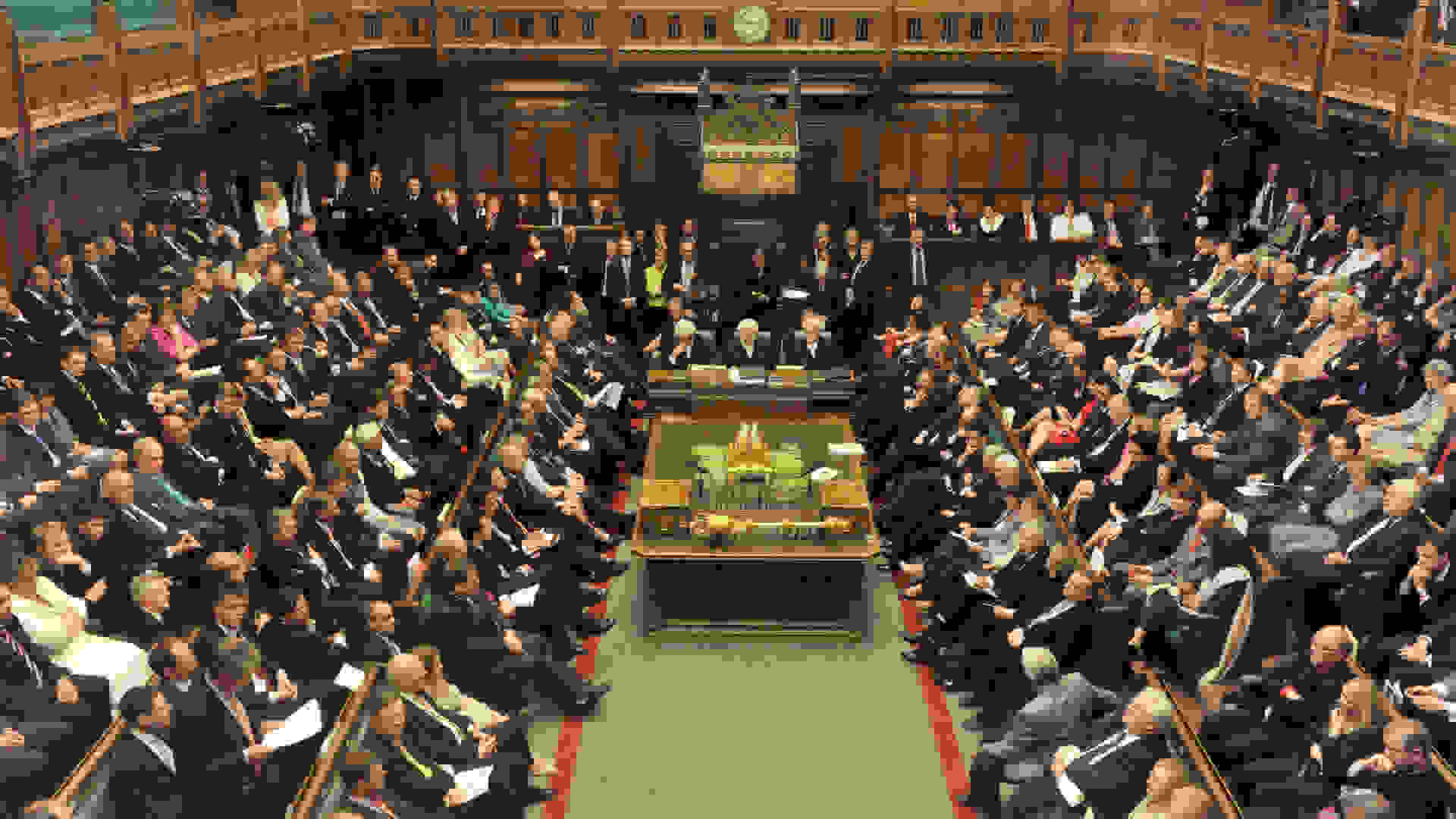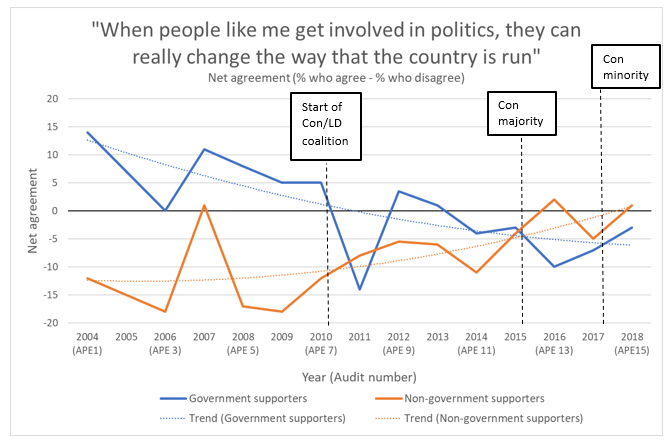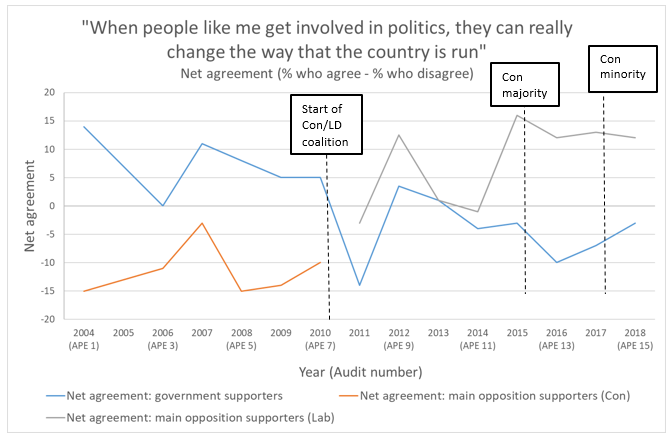News / Parliament Matters Bulletin: What’s coming up in Parliament this week? 10-14 March 2025
MPs will debate the Crime and Policing Bill for the first time, followed by two days of debate on the remaining stages of the Employment Rights Bill, including of some substantial Government amendments. Backbenchers will also lead debates on the future of farming, and mental health support in education. Peers will continue to scrutinise the legislation to abolish the right of the remaining hereditary peers to sit in the House of Lords, will consider new amendments to the Football Governance Bill and will complete their scrutiny of the controversial Product Regulation and Metrology Bill.




